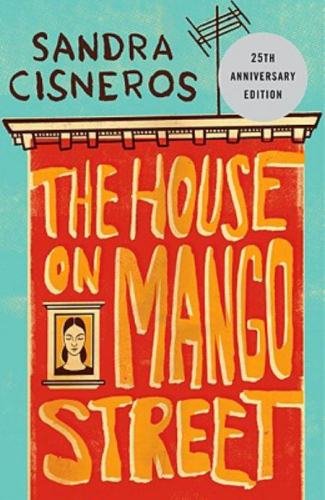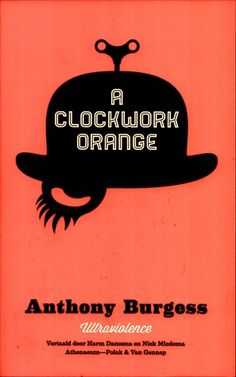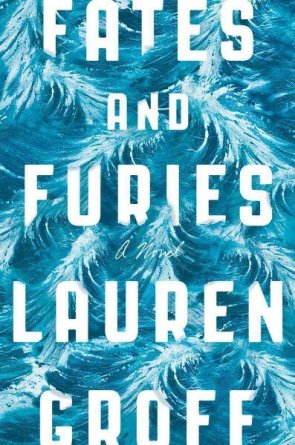
Recently I was asked where my posts have disappeared to. That’s a good question that I keep asking myself, in fact. I have not stopped reading (not even close- in fact my pace may have even increased as of late), but my motivations for reading and writing seem to have shifted. I will make no defense of myself here: when I began this blog it was fueled in some fashion by ego. I was not really surrounded by the sort of people that enjoyed reading literary novels (sans Cormac McCarthy, who I pretty much devoured in high school), and as such I had no outlet to express any thoughts whatsoever on what I was reading. Compounding this was the fact that part of me wanted to be noticed for reading fiction that was, frankly, difficult. I was enjoying the novels I was reading, but why I was reading them remained impure, for lack of a better word.
Even now I still ask myself why anyone would read a novel like Gravity’s Rainbow or Finnegan’s Wake. Yes, they are great works of literature. Yes, they are colossal artistic achievements that are as bold as they are awe-inspiring. But I cannot get away from asking myself what the novel is supposed to be doing, to entertain or to change? I cannot deny the fact that the books that have made the biggest impact upon me, even in my thoughts and in my approach to being in the world, have had a major entertainment factor. Books such as Gravity’s Rainbow and Wittgenstein’s Mistress at some point make me question whether or not the effort is actually rewarded. I ran into this problem again with Underworld by Don DeLillo, but I’m getting ahead of myself.
And it is due to a similar problem that I have found myself not writing. Perhaps it is because I am living nearer to my friends once again, who generally read the type of books that I read, and thus I can actually talk about novels with people who enjoy those types of conversations. Perhaps it is just my being busier than ever before. Most of the reviews put up through April were actually written in January, when I read about eight or nine books over Christmas break. However, my best guess is one that circles back to the beginning of this brief excursion into my thoughts: my own ego. A minor part of writing this blog has and will remain entrapped within the part of my brain that relentlessly wants recognition and attention. To be thought intelligent by other intelligent people. That is definitely silly, but that is my reflection on the subject. Whether or not I will continue to review books is up in the air. If I do I doubt the reviews will be as long winded, but who knows?
Anyway, if you have stuck with me thus far, let me catch you up on a few reviews of the books I have been reading. The list is long.
The Round House – Louise Erdrich

The Round House is an amazing book about family and the limits of law and justice. Disturbing but also incredibly funny, it is a high recommend from me and will likely make my top ten list at the end of 2017.
Mother Night – Kurt Vonnegut
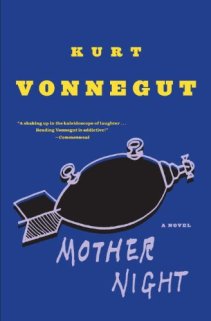
While not as humorous as other Vonnegut books, Mother Night perhaps does his best job of truly complicating issues that appear on surface to be black and white. The famous quote from the novel, “We are what we pretend to be, so be careful what you pretend to be” is quite poignant by novel’s end.
Underworld – Don DeLillo
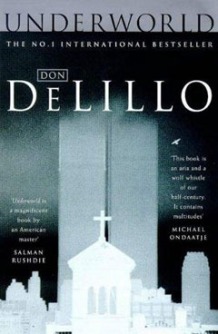
Stand back, because I am about to commit heresy: Underworld neither earns its length, nor does anything noteworthy enough to be memorable in my mind. I kept waiting and waiting for the book to turn into something that would make me understand why it is so adored by its fans, but it simply didn’t. As of now, it is my most disappointing book of 2017.
Animal Farm – George Orwell (RRHS)

I first read Animal Farm in the ninth grade and neither liked it nor understood why it was important. It was easy enough, but it was difficult for me to care that much about the subject matter. Readers of this blog know that I am actually not that big of a fan of 1984, considering it an important political work, but one that is generally not that well put together, reading more as a dying man’s final treatise against fascism and all its perils rather than a cohesive, flowing narrative. But that is neither here nor there. Animal Farm is a far better work in my opinion, benefited greatly by its short length. As a narrative it just works.
The Orphan Master’s Son – Adam Johnson

Adam Johnson is likely the best American writer alive currently. There is nothing to say about this novel except wow. Read it. Now.
The Monkey Wrench Gang – Edward Abbey

I’ve had this book on my shelf for a very long time before finally deciding to pick it up and bother to read it. More than anything else, The Monkey Wrench Gang is just enjoyable. It was a relaxing, beach read that managed to also be thought-provoking and memorable. High recommend.
God Bless You, Mr. Rosewater. – Kurt Vonnegut
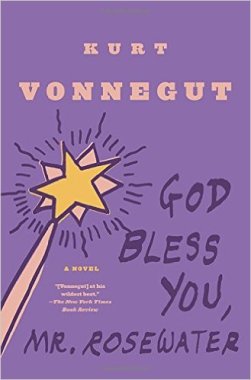
There seem to be two tiers of Vonnegut novels: worth reading but not necessarily great, and… arguably perfect in every way. God Bless You, Mr. Rosewater is most certainly in the latter tier. It is funnier than any other Vonnegut I’ve read, and as well-done as Slaughterhouse-Five. Even if you are not that much of a Vonnegut fan, this book is a must-read.
The Vegetarian – Han Kang
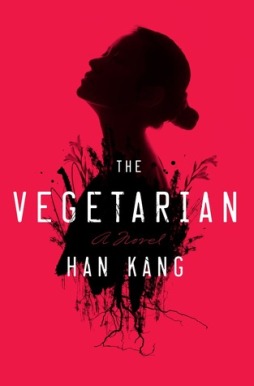
The Vegetarian was a book with an interesting plot that just ended up failing to keep me interested. Its biggest problem was likely due to translation troubles, namely the dialogue, which was stiff and at times, to be blunt, cringy. The Man-Booker Prize often has its name run the muck by critics and book lovers alike, but usually I defend it. With this book I cannot, however, and remain puzzled as to why it was chosen.


